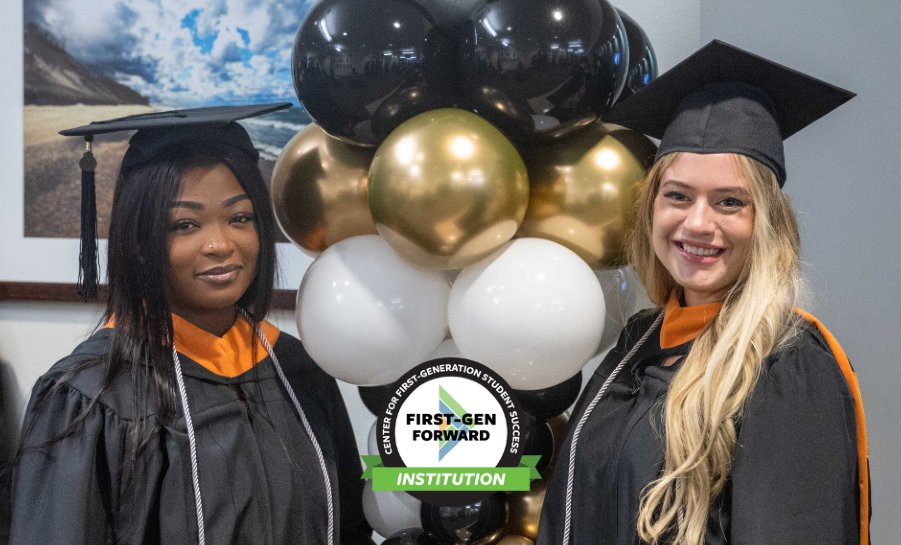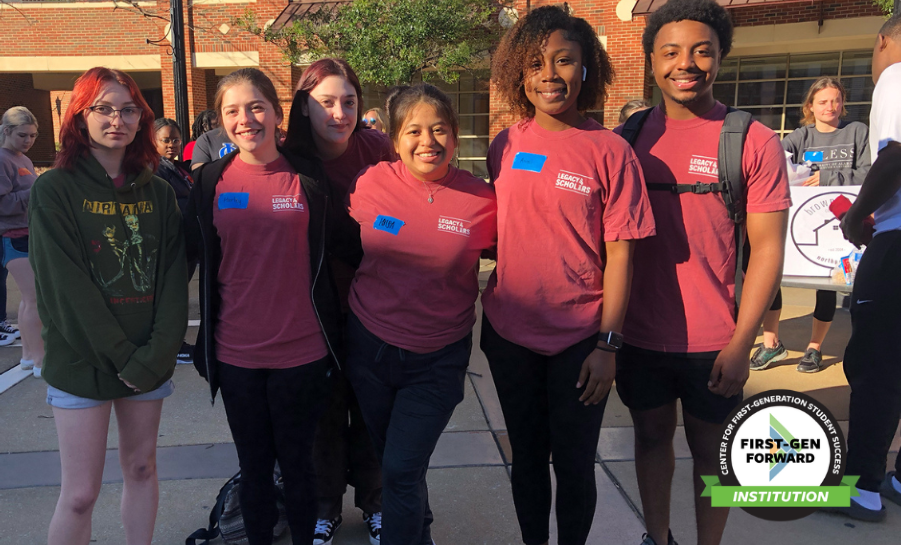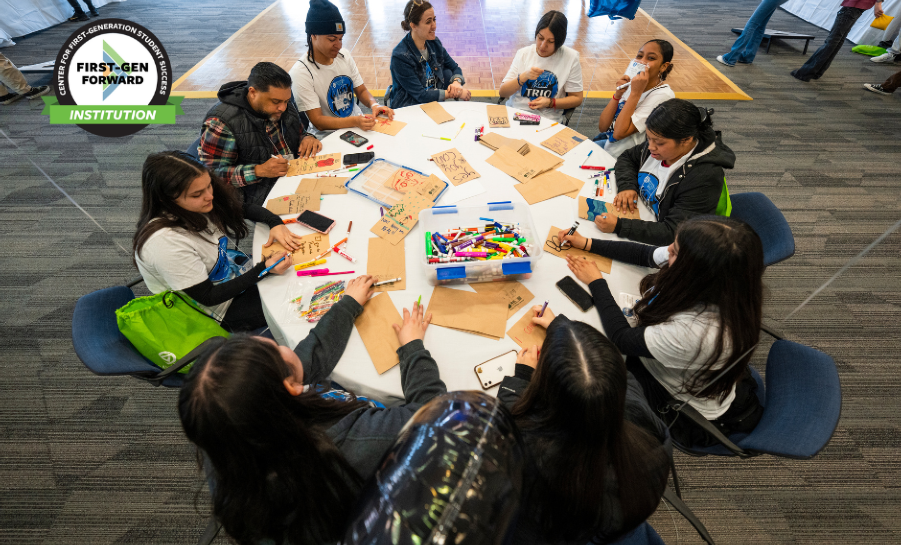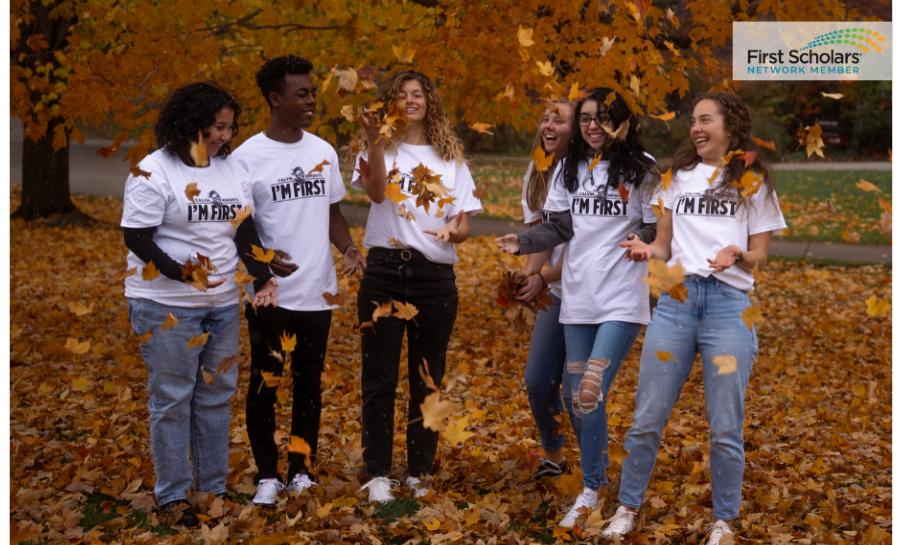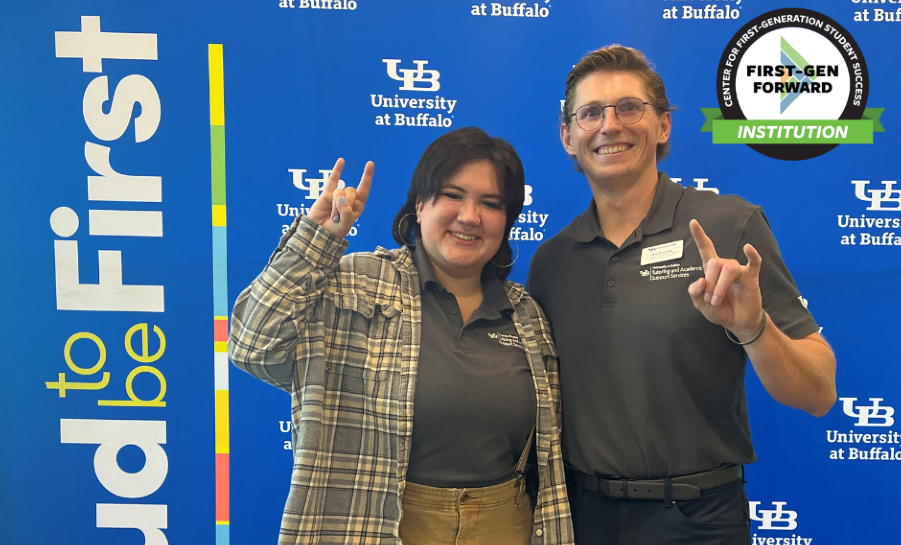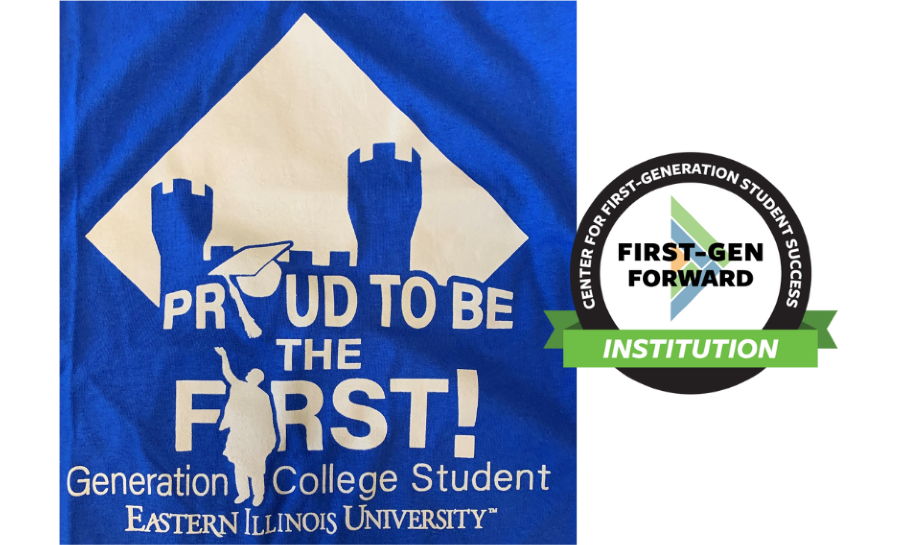Getting to Know You Better: A Survey to Bridge Support
LaDonna Bridges, Framingham State University / FirstGen Forward / August 25, 2021
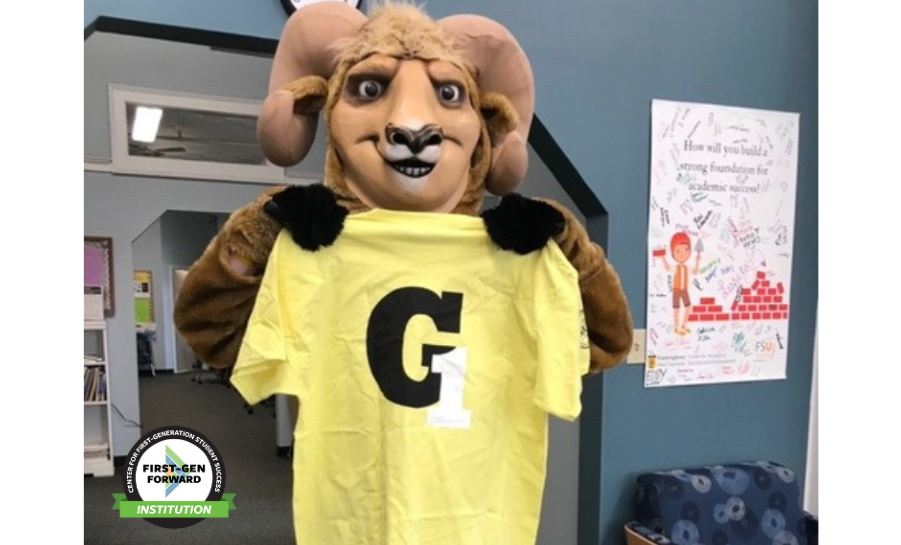
Help-seeking behaviors are difficult to change for all students but especially for first-generation students. One of the more remarkable, albeit often overlooked, qualities of first-gen students is the self-reliance they bring to our campuses. First-generation students are more prone to figure things out on their own rather than seek help. This is a refrain I hear over and over again: I’ve always been able to figure it out, and I thought I could do so again.
This barrier to seeking help is compounded by the way most colleges and universities do business. We certainly provide a host of support services, and we even tailor support to various populations, such as our first-gen students. However, we almost always expect the student to come to us; we seldom meet them where they are to address very specific needs they may have. Small, under-resourced institutions such as my own are particularly susceptible to providing services and expecting students to find us.
The flaw in this thinking is that we presume students have a full understanding of what is available to them for help and support. I am heavily involved in academic standing at my university. A few years ago after reviewing academic policies through an equity lens, we created a status of “academic suspension in abeyance.” Rather than suspending students after two consecutive semesters where they did not achieve good academic standing, we allow them to appeal the suspension via letter to the Academic Standing Committee. Nearly all who appeal are allowed to return the following semester with one caveat: they must create an academic recovery plan with one of the academic deans. I am always astounded by the number of first-gen students who “knew” about a resource but didn’t know how to access it.
We created a “Getting to Know You Better” survey that tries to bridge the gap between services offered and services needed. The survey, which is pushed out to incoming students through first-year seminars, seeks to identify vulnerabilities or needs to which we, in turn, proactively respond. The 24-question survey takes only a few minutes to complete. Below is one example from the survey:
1. Do you own a computer?
• Yes
• No
• Yes, but needs repair or replacement
2. How old is your computer?
• Less than two years old
• Two to four years old
• Four to seven years old
• Over seven years old
3. Framingham State University (FSU) has an emergency laptop loaner program. Would you like to know more about this?
• Yes
• No
• Maybe
Similar questions are presented about financial aid, disability/access services, food and housing insecurities, to name a few. Each series of related questions ends with, “would you like someone to contact you?” First-generation status is also probed on the survey with the invitation to share the name(s) of high school mentors or college access personnel who have been helpful in the past and who might like to be informed about the university’s policies and practices. The survey ends with a series of questions about personal time commitments or responsibilities for family, home or work.
The most challenging aspect of the survey has been determining who will have access to the information and who will follow up on the requests for more information. The most logical place to share this information is with the Student Assistance Team, a multi-disciplinary care team at the University. Our very small pilot during fall 2021 helped us refine questions; we will launch this survey broadly in fall 2022 and, hopefully, connect students earlier to the support needed to be successful.
